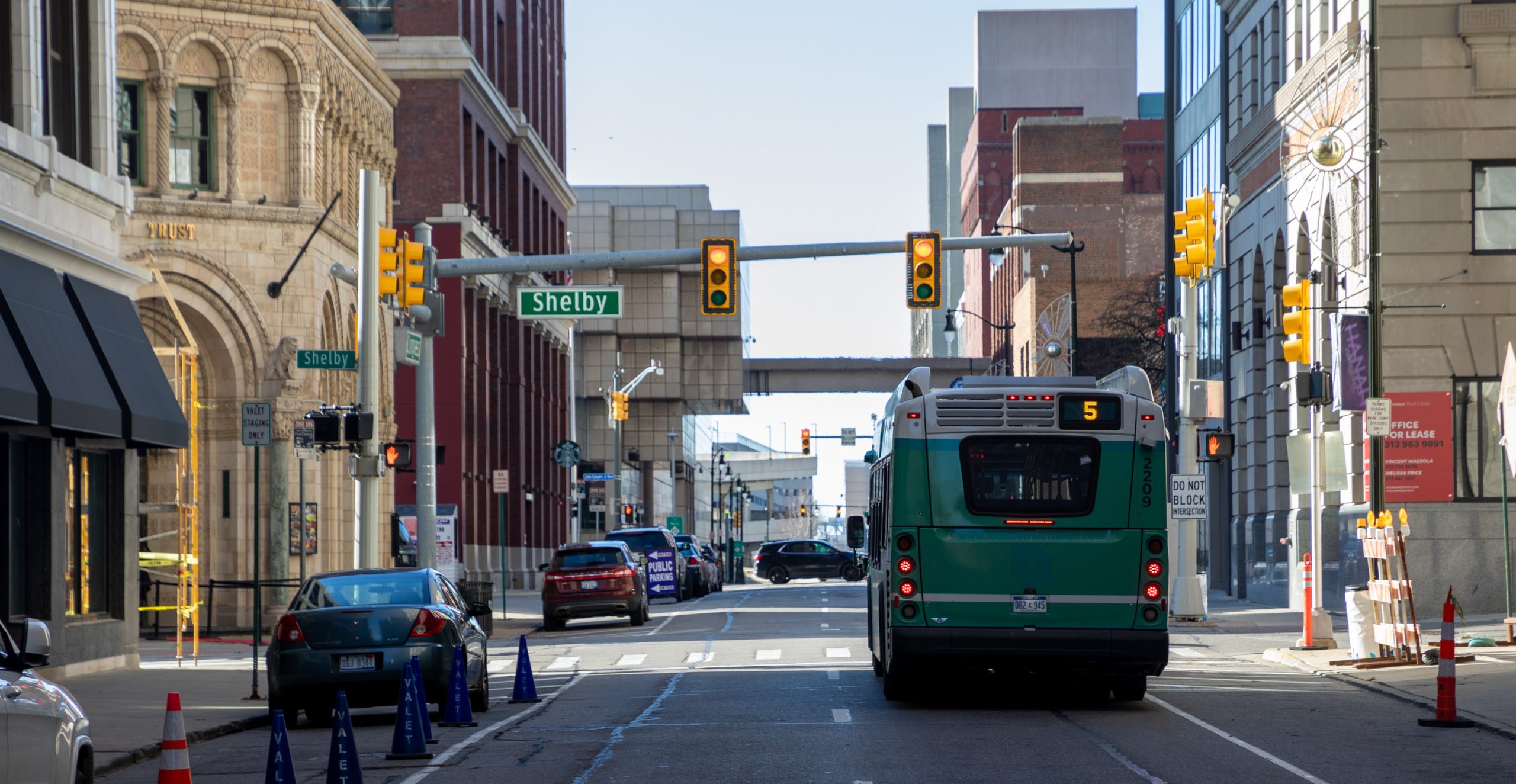Essential mental health services for those in Wayne County who need them are provided by an agency few people know much about, despite its $1 billion annual budget and an increasing demand for its services over the last three years.
The Detroit Wayne Integrated Health Network (DWIHN) serves the most clients out of all safety net mental health providers in the state. It also has the largest budget, more than $1 billion for each of the last two years.
DWIHN is responsible for providing and managing mental and behavioral health programs, and benefits to more than 75,000 people across the county — the majority of whom are low-income and Medicaid recipients.
Despite its size and importance, the operations of the public agency can be difficult to pin down. Outlier Media struggled to receive responses to our inquiries over many weeks, and we found it difficult to receive any information from DWIHN’s staff on programs, budget items and other inquiries. However, the agency publishes annual financial statements online, and its board meetings are public.
Most of DWIHN’s funding comes from the Medicaid program, a federal and state program to provide low-cost or free healthcare. More than $4 billion in Medicaid funds went to providers of physical and behavioral health services across the state last year.
The amount providers receive depends on the actual number and distribution of Medicaid enrollees in their region, said Lauren Leeds of the State Budget Office.
Roughly 27% of the state’s Medicaid enrollees are in Wayne County based on numbers from the first six months of the year, Leeds said. That is more than 635,000 people.
Last year, DWIHN spent more than $376 million to provide services to intellectually disabled adults and children, and more than $315 million on psychiatric care, emergency treatment and other supportive services to adults at risk of having or have experienced a mental illness. More than $245 million is spent on autism services, substance use disorder programs and initiatives for children, operating costs and other services.
DWIHN works as an umbrella organization, said Vice President of Governmental Affairs and Chief of Staff Brooke Blackwell. She says the agency funds more than 370 providers to work directly with patients. The providers specialize in autism, intellectual disabilities, substance abuse and other mental health and behavioral services. The agency is also responsible for ensuring those providers use funds as directed and provide high quality care.
Local providers that work with DWIHN include Gateway Pediatric Therapy, Community Living Services and Arab Community Center for Economic and Social Services.
First crisis care center set to open
More than 400 employees work directly for DWIHN, Blackwell said. She said the largest department is the call center, which runs a 24/7 mental health crisis helpline.
“Especially since the pandemic, we’ve had an increase in telehealth calls,” she said. “We have over 50 employees just dedicated to taking in calls at our call center.”
Staff members answer phone calls and determine if someone needs to be taken to a hospital or crisis center. They can dispatch a mobile unit to the person in need and take them to one of their service providers.
In addition to the call center, the agency’s more than 20 departments handle customer service, recipient rights and quality management.
Staff also work with the Detroit Police Department to provide crisis intervention training to officers who may respond to mental health situations. Detroit police have used fatal force in incidents that may have a mental health component since the intervention team was formed. According to department data, Detroit police have responded to more than 9,000 mental health calls this year as of Aug. 17. DWIHN staff also provide training to community groups on how to use Narcan to administer the opioid overdose antidote, naloxone.
DWIHN will open a clinical care center at its old administrative building on West Milwaukee Avenue by late fall, said Blackwell. At the board’s Aug. 16 meeting, a DWIHN representative said the building is estimated to cost $17 million and will include 39 beds for those experiencing mental health illnesses. DWIHN plans to build two more crisis care centers in the future, and is opening an administration building on Woodward Avenue in December.
The agency is governed by a 12-member board of directors, six of whom were recommended by Mayor Mike Duggan and the other six by County Executive Warren Evans. The board provides oversight of all of DWIHN’s operations, financial and policy decisions.
The board hired Eric Doeh as president and CEO of DWIHN in 2021. Doeh oversees the staff, day-to-day operations, hiring decisions and reports all matters and efforts to the board.
The board is expected to approve about a $980 million budget for 2024 at its next meeting on Sept. 20.
In addition to attending board meetings, the public can report any issues with DWIHN’s services or operations to their Compliance Office anonymously at 313-833-3502, or to the state’s Office of Inspector General at 855-643-7283.





